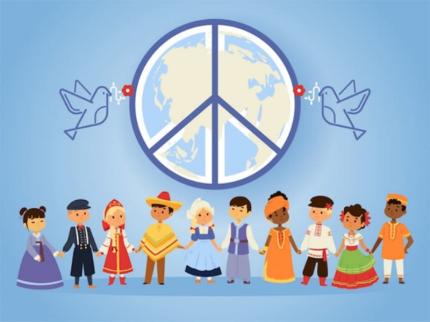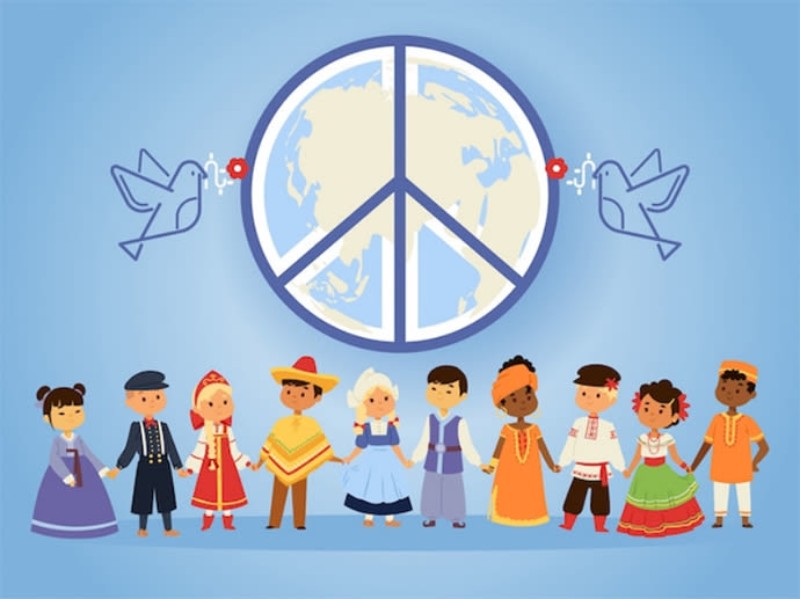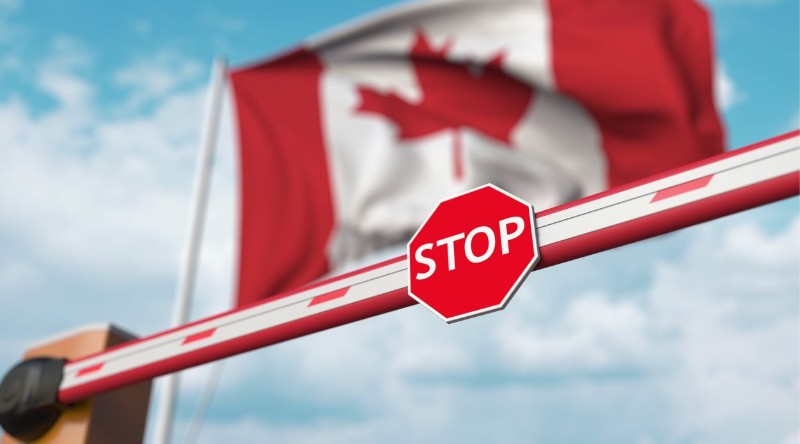Get free consultation
Fill out the form and we will contact you
When settling or living in Canada, understanding local taboos and cultural norms is extremely important. This not only helps you integrate quickly but also avoids awkward situations in daily life. Learn more about taboos in Canada here.
The most sensitive topics in conversations in Canada are politics, religion, and sexuality. Canadians generally avoid discussing these issues, especially during first-time meetings.
Pay attention to communication Taboos in Canada
Topics to avoid:
Politics and controversial social issues
Religion and personal beliefs
Private matters related to sexuality
Income and personal finances
Someone’s weight and physical appearance
Canadians generally avoid showing anger or strong emotions that could disrupt social order. Yelling or crying in public is considered impolite.
Behaviors to avoid in Canada:
Speaking loudly in public places
Displaying excessive emotions in front of strangers
Showing irritation or a short temper
Laughing loudly or making noise in quiet areas
Canada has a strong “queuing” culture that encourages customers to be patient and orderly when stores or services are crowded. Cutting in line is considered a major social taboo.
Queuing etiquette:
Always wait in line in order
Do not cut in line under any circumstances
Maintain an appropriate distance from the person in front
Be patient while waiting
Pointing at others with your index finger is considered rude and offensive. This behavior can be interpreted as disrespectful.
Inappropriate gestures:
Pointing directly at someone’s face
Staring and pointing at someone
Using gestures that may be misinterpreted across cultures
Overly exaggerated movements while speaking
Canadians highly value personal space. Standing too close or touching someone without permission is considered taboo.
Personal space guidelines:
Maintain at least 1 meter (3 feet) distance when conversing
Do not touch strangers when greeting
Avoid hugging or kissing on the first meeting
Only shake hands if the other person offers their hand first
Maintain at least a 1-meter distance when conversing.
If you are caught bringing meat through customs without declaring it, you may be fined CAD $1,300 by the Canadian government. Items prohibited include:
Fresh, processed meat and meat products
Unpasteurized dairy products
Fresh fruits and vegetables
Plants and seeds
Weapons and hazardous items
Bringing medication into Canada must strictly comply with pharmaceutical regulations. Medication rules:
Only bring prescription medication for personal use
Do not bring drugs containing prohibited substances
Fully declare all medications you are carrying
Keep original packaging and prescription
Canadians have a professional work culture with many unwritten rules that should be observed. Things to avoid
Arriving late or being absent without notice
Engaging in excessive personal conversations during work hours
Discussing salaries with colleagues
Showing disrespect toward supervisors
Punctuality is highly valued and expected in Canada. Communication guidelines:
Always arrive on time for appointments
Use polite and professional language
Listen before expressing your opinion
Respect differing viewpoints
Canada has strict traffic laws, and violations can lead to serious consequences. Things you should never do:
Drive under the influence of alcohol
Use a phone while driving
Disobey traffic signals
Exceed the speed limit
Canadians place a high value on environmental protection and follow strict rules. Prohibited behaviors include:
Littering in public places
Failing to separate waste for recycling
Wasting water and electricity
Polluting the air
Each region in Canada has its own traditions that should be respected. Things to keep in mind.
Những điều cần lưu ý:
Do not wear shoes indoors when invited
Respect different religious ceremonies
Do not take photos without permission
Participate in community activities respectfully
Canadian dining culture also has specific rules to follow. Mealtime etiquette includes:
Do not speak with your mouth full
Use knives and forks properly
Do not place your phone on the dining table
Thank the host after the meal
Each region in Canada has its own unique traditions.
Failing to observe cultural norms can significantly affect your integration process. Possible consequences of committing taboos in Canada include:
Being isolated within the community
Difficulty in making friends
Impact on career opportunities
Misunderstandings in communication
Some violations can even put a Canadian immigrant at risk of being denied entry.
Serious violations:
Breaking Canadian laws
Fraud in documentation
Engaging in illegal activities
Failing to comply with immigration regulations
Understanding taboos in Canada not only helps you avoid awkward situations but also shows respect for local culture. This can open up more opportunities in both life and career in the Maple Leaf Country.
If you are preparing to settle in Canada and want to learn more about local culture, the expert team at Quốc Tịch Thứ Hai is here to assist you. We have supported thousands of Vietnamese families successfully in their journey to immigrate to Canada.
Fill out the form and we will contact you



